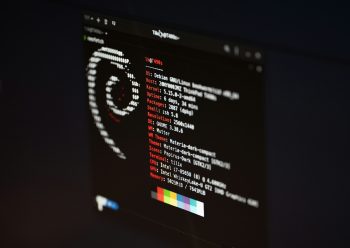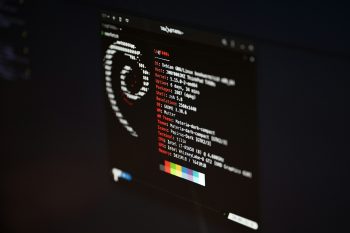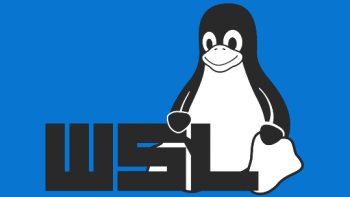NPM supply chain attack uses Ethereum blockchain
Checkmarx researchers have detected a unique supply chain attack within the NPM ecosystem that uses the Ethereum blockchain.
The malicious package, dubbed "jest-fet-mock," targets developers with a multi-platform malware employing Ethereum smart contracts for command-and-control (C2) operations. This marks a convergence of blockchain technology with traditional attack vectors—a method not yet observed in NPM packages.
Attack mechanics and distributionThe...

















Recent Comments